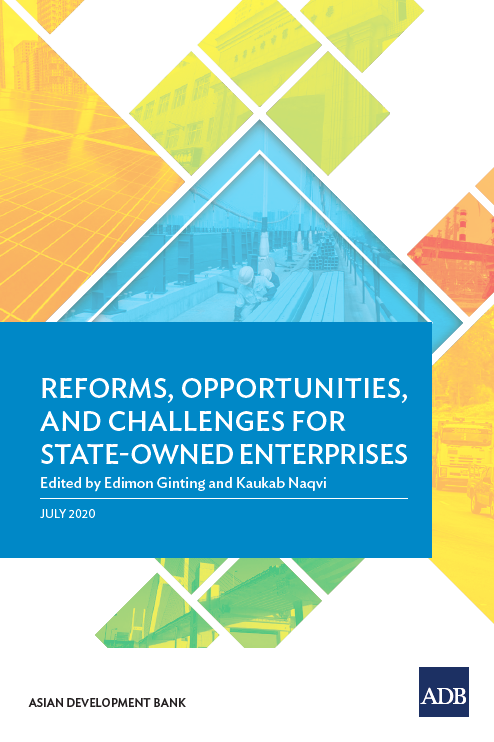Reforms, Opportunities, and Challenges for State-Owned Enterprises

State-owned enterprises (SOEs) have played a significant role in promoting economic development worldwide. They have not only become global players, they are also an important part of the economic structure of the world’s fastest-growing economies. Despite the rise of privatization over the past 20 years, SOEs are still prevalent in many countries, globally accounting for about 20% of investment, 5% of employment, and up to 40% of output. Despite their active participation, however, the general trend in overall state ownership has spiraled downward.
Despite large-scale privatization in the 1980s and the 1990s, SOEs in emerging markets have remained active in domestic and global markets. Episodes of financial crisis have led some governments to expand the role of SOEs to further developmental and policy goals. But despite their involvement in different sectors, SOEs in emerging markets lag behind in the consistent application of corporate governance standards.
This study posits that government policy in developing countries should focus on reforming SOEs and making them an efficient driver of growth, particularly during Asia’s transition to high-income status and provides an insightful understanding of the importance of SOEs in selected DMCs and an in-depth assessment of key issues relating to SOE reforms.



